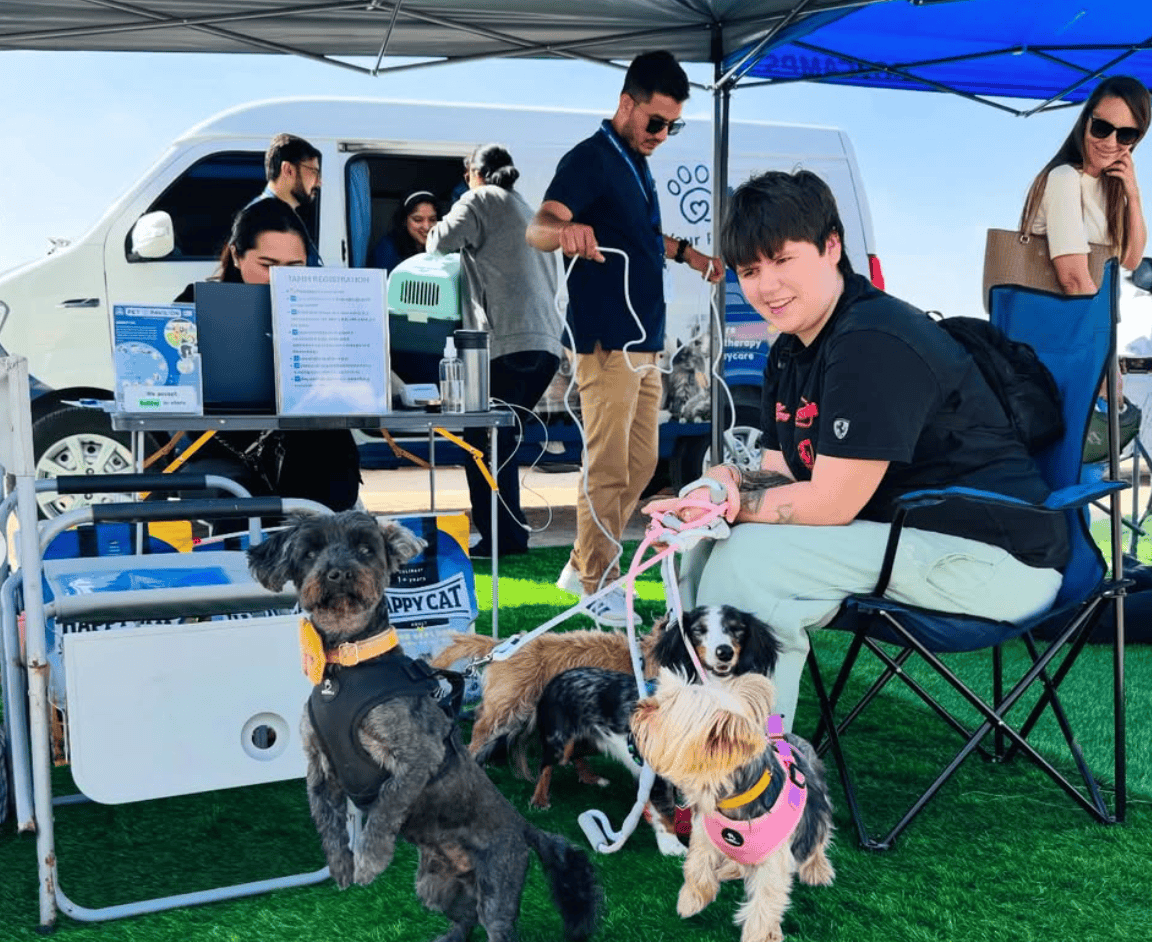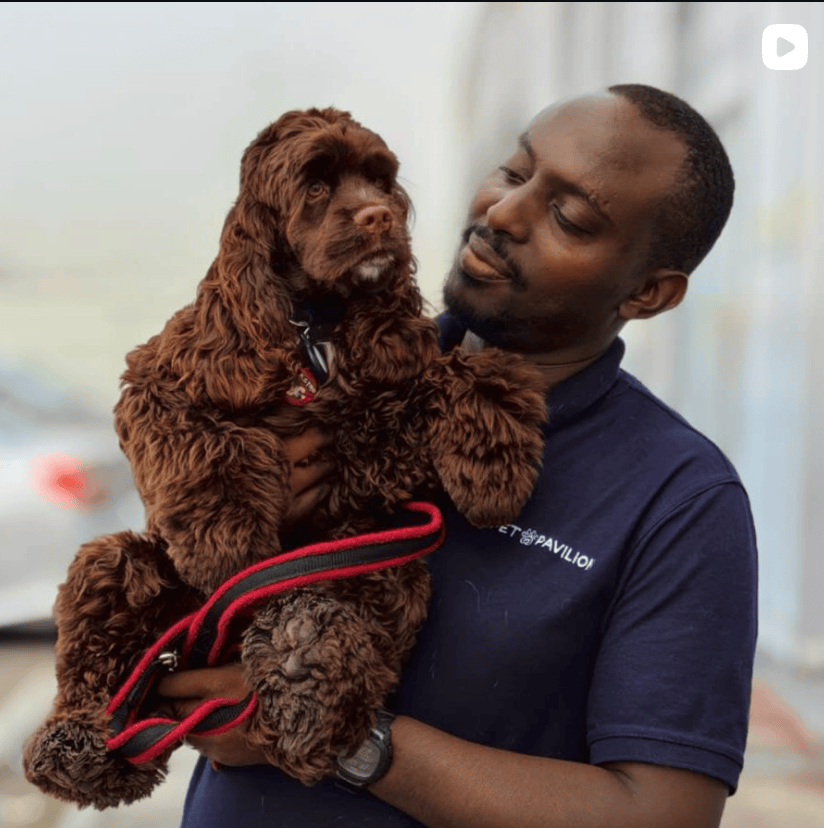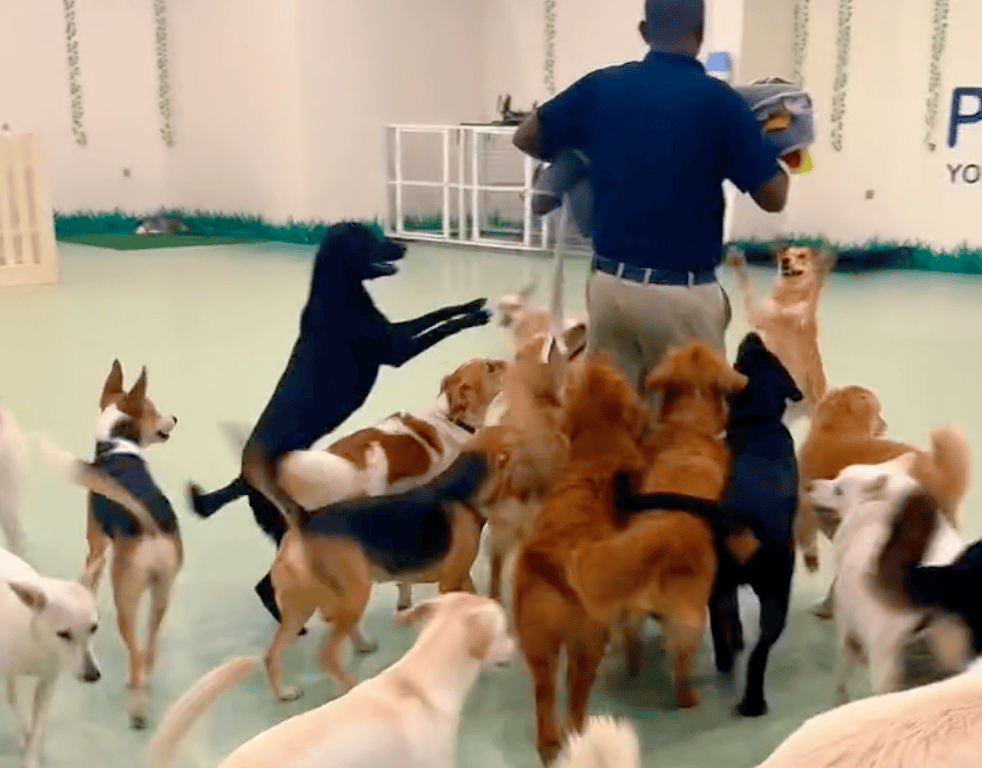Introduction to Separation Anxiety in Dogs

If you thought you’d be spared the behavioral issues by being a pet parent, think again. Your canine babies will likely display several odd behaviors as they grow older. While most of it is part of growing up and adjusting to their lifestyle, separation anxiety sets itself apart by affecting older dogs and puppies alike.
If you feel that your dog is under extreme stress or is exhibiting the furry equivalent of a panic attack, bring them to Pet Pavilion in Abu Dhabi, where we have every resource to help you and your pet tackle the unique challenges of this issue.
Keep reading to know the signs and treatment options for canine separation anxiety.
How to Tell Separation Anxiety in Dogs?
There are several differences between an untrained or poorly-trained dog, an unhealthy canine, and one displaying unwanted behavior due to stress. You must ensure your pet displays the latter to confirm whether or not they have anxiety.
Your dog might display separation anxiety if they experience multiple symptoms more frequently.
- Pacing or trembling when you’re about to leave them alone.
- Urinating or defecating inside the house even though you’re around to take them outside.
- Chewing, digging, or shredding near the openings, such as doors, windows, balconies, etc.
- Barking or howling when left alone.
- Panting and drooling even when the weather isn’t warm.
- Prolonged attempt to get out, resulting in injury.

What Causes Separation Anxiety in Dogs?
There are many theories behind separation anxiety in dogs, but there's insufficient empirical data to pinpoint why puppies and dogs feel this stress. Some suggest it might be related to traumatic experiences, but that doesn’t explain why some previously-abandoned canines have separation anxiety while others don’t.
Some researchers suggest it might have to do with their personality, while others believe some breeds are more likely to feel separation anxiety than others. Other causes include:
- Relocation
- Schedule changes
- Sudden absence
- Lack of exercise
Whatever the cause of separation anxiety in your dog, it’s imperative to seek general health consultation for pets to nip the unwanted behavior in the bud as soon as possible. Below are some treatment pathways to consider.

Crate Train Your Dog
Training your dog in Abu Dhabi is easier and gentler than ever, thanks to the experts at Pet Pavilion. A crate might be the way to make a canine feel safer and calmer and transition to being without their human. Our trainers help your dog associate a crate with their favorite toys, objects, and treats.
However, crates aren’t for every dog. If you decide to crate train your canine at home and notice them displaying the very signs of stress you’re trying to avoid, try other options to spare them further anxiety.
Give them a Workout
If a lack of exercise is what’s causing your pet to experience pet anxiety, the opposite might help prevent future episodes of separation anxiety. Puppies, adult dogs, and older canines require different levels and types of physical and cognitive exercises.
Normally, the larger the dog, the more energy it will need to burn daily. Exercise your furry friend’s mental and physical muscles until they are too exhausted and contented to do anything but settle down once you pop outside. You can also leave your pupper at our dog daycare in Abu Dhabi while at work for more of the same.

Consider Medical Interventions
If training and exercise don’t reap results, you might want to bring your furry friend to our veterinary clinic for medical interventions. Our vets can help you identify the underlying cause of your pet’s separation anxiety and treat it through traditional or alternative treatment.
Bring Your Pet to Our Pet Pavilion in Abu Dhabi
Medication and supplements might be the way to go with your pets but be sure to get a prescription to access these products. Visit our all-pets clinic in Abu Dhabi to explore anxiety relief interventions and training programs to alleviate your dog’s separation anxiety.
If you've considered clinical treatment for a domestic approach, you can also browse canine toys for your pet at our online shop. There’s no harm in trying your hand at the above separation anxiety treatment approaches. However, we recommend exercising caution and prioritizing your pet’s comfort over continuing the treatment approach.
Get in touch with our 24 hour emergency vet clinic in Abu Dhabi for more information about our treatment options for separation anxiety in dogs.


Schedule your appointment today
Book My Appointment







